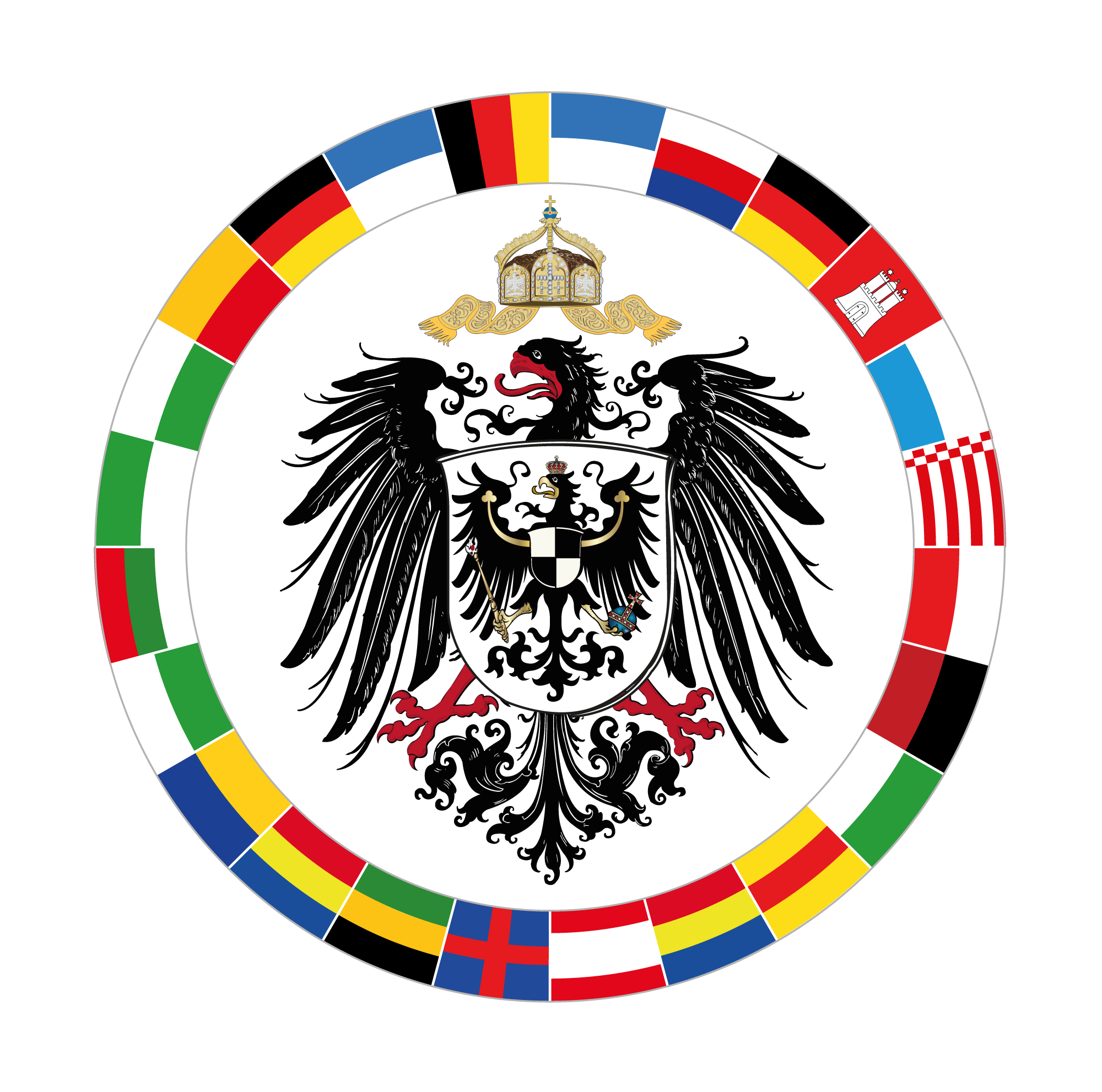180
WILHELM DER SIEGREICHE
PACE
54.
56.
57.
60.
10.
II.
12.
13.
14.
15.
16.
17.
18.
19.
. Paris was now surrounded by German troops, and the
siege os the French capital began.
In spite of the gigantic efforts made by Gambetta there
scemed to be no prospect of success.
Strassburg being determined to defend itself to the last
man, the Germans decided to bombard this important
fortress.
General Ulrich who delended Strassburg was at last
compelled to capitulate.
.Metz too could not hold out much longer on account of
want of fodder for the horsces and of bread and salt for
the men.
On the capitulation of Metz the Ccrown-prince and Prince
Frederick Charles were gazetted field-marshals.
Gambetta left Paris in a balloon and safely reached Tours
where the Covernment had taken up its abode.
Both the army on the Loire and the northern army were
defeated three times and at last annihilated, although.
they were commanded by able gencrals.
The plan to relieve Bellort and then to invade Germany
with Garibaldi's help completely failed.
IIaving been sufficicntly reinforced General von Werder
surrounded Bourbaki'’s army, and the latter had no
other cheice than to escape into Switzerland.
The victory which the German armies had won was now
complete, and France had to make peace.
The King of Bavaria offered King William the crown as
Cerman Emperor; he accepted and thereby put the
seal to the great work of unification.
On January 18, 1871 King William ol Prussia was
publicly proclaimed German Empercr in the celebrated
Ilall of Alirrors at Versailles.
All attempts to break through the investing army having
failed, Paris had no other choice than to capitulate in
its turn, and so the war came t0 an end.
In the peace of Frankfurt which concluded the Franco-
German war Françe ccded Alsace-Lorraine to Germany
and had besides 10 Pay a war- indemnity of sooo
million francs.




